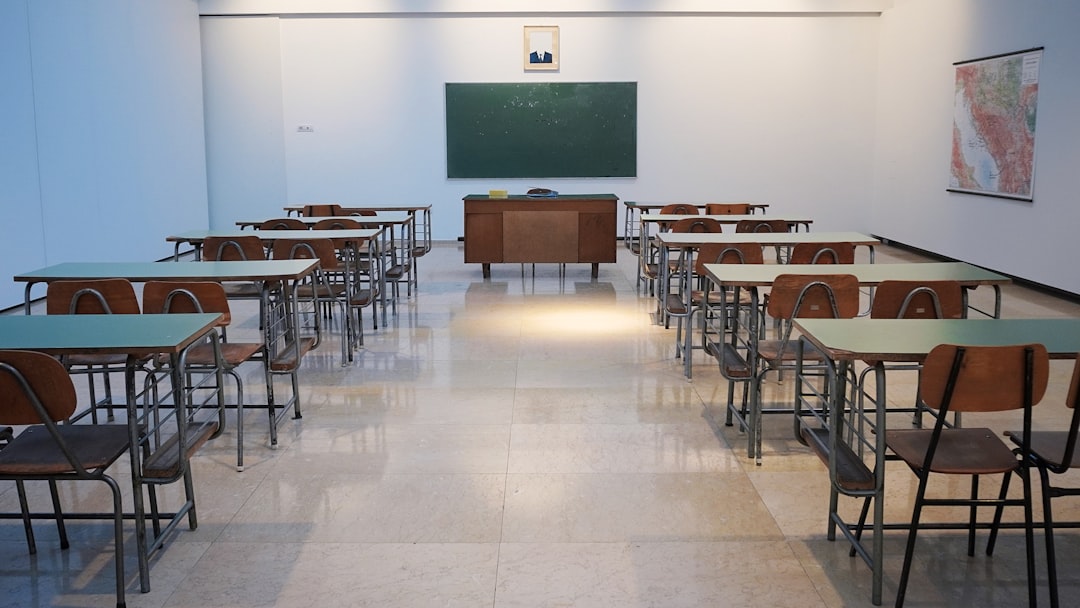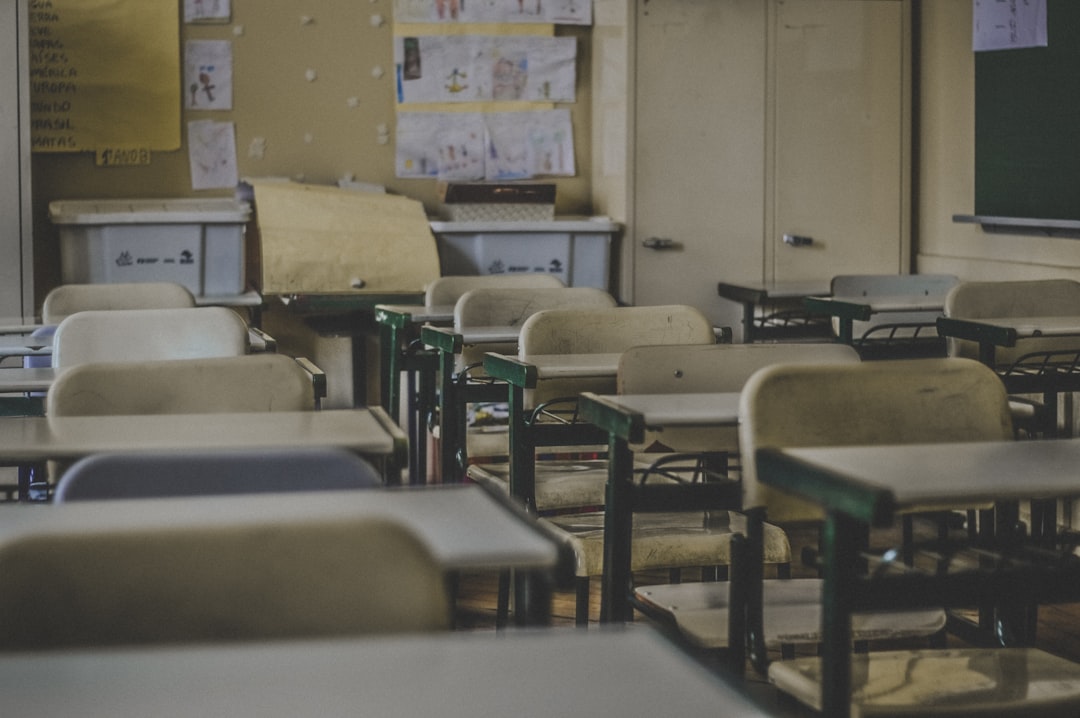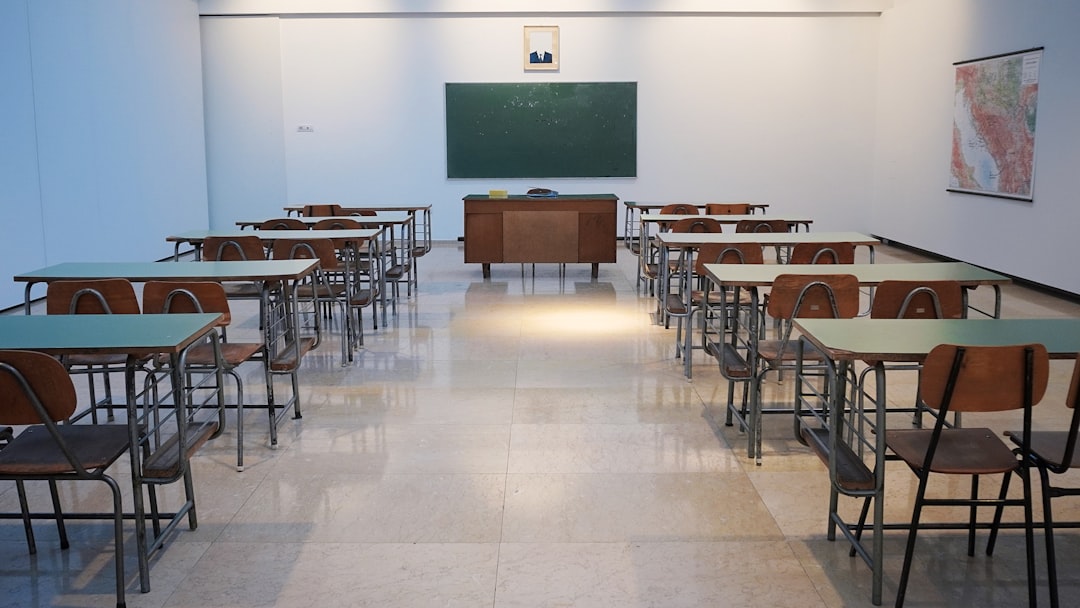Hazing abuse, particularly sexual hazing, remains a pressing issue in Illinois educational institutions, leading to severe legal consequences for victims. The state's strict anti-hazing laws and evolving legal landscape, including federal regulations like the Clery Act, aim to protect students from physical and sexual abuse. Specialized law firms play a critical role by advocating for victims' rights, investigating incidents, and holding institutions accountable through litigation or policy implementation. With increased awareness and legal scrutiny, these firms emphasize the importance of education, clear policies, and a culture of respect to prevent hazing abuse, ultimately safeguarding students in Illinois.
In Illinois, lawsuits against schools for hazing-related sexual assault have gained significant attention, highlighting a pressing issue in educational institutions. This article delves into the complex landscape of hazing, its impact on students, and the legal protections in place. We explore Illinois laws targeting hazing abuse, analyze real-life case studies, and discuss the role of specialized law firms. Furthermore, we provide insights for schools on preventive measures and student rights, offering a comprehensive guide to tackling this pervasive problem.
Understanding Hazing and Its Impact: A Look at Illinois Laws

Hazing, often associated with school or college fraternities and sports teams, is a dangerous practice that can have severe psychological and physical consequences for victims. In Illinois, hazing is not only illegal but also specifically targeted in various laws aimed at protecting students from sexual assault and abuse. This state has some of the most stringent anti-hazing regulations in the country, reflecting the seriousness with which these issues are taken.
When it comes to sexual hazing, Illinois law firms specializing in such matters have seen an increase in cases where schools and organizations fail to protect students from predatory behavior. The impact of hazing can be devastating, leading to long-term trauma, anxiety, depression, and even physical injuries. Understanding these laws is crucial for both students and educational institutions to ensure a safer environment.
Legal Framework: Protecting Students from Sexual Assault on Campus

In Illinois, the legal framework aimed at protecting students from sexual assault on campus is robust and evolving. The state’s laws, along with federal regulations like the Clery Act, mandate that schools establish clear policies against hazing abuse, including sexual misconduct. Students have the right to a safe learning environment free from harassment or non-consensual acts. Law firms specializing in hazing abuse cases in Illinois play a crucial role in ensuring these rights are upheld by holding educational institutions accountable for their failure to protect students.
These legal experts guide victims through complex procedures, helping them understand their rights and options. They advocate for just compensation and institutional change, aiming to prevent future incidents of hazing-related sexual assault. The presence of such law firms serves as a powerful deterrent, encouraging schools to strengthen their policies and procedures to create a safer campus culture.
When Hazing Turns Dangerous: Case Studies in Illinois

In the harsh reality of school culture, hazing—a tradition often seen as harmless fun—can quickly escalate into dangerous territory. When physical or sexual abuse enters the picture, it’s no longer a rite of passage but a serious issue that demands attention. Illinois has witnessed several high-profile cases where hazing rituals have led to severe consequences, sparking discussions about accountability and prevention. These incidents highlight the need for robust policies and legal frameworks to protect students from hazing abuse.
Local law firms specializing in hazing abuse cases in Illinois have taken on these complex matters, advocating for victims’ rights and seeking justice. Through meticulous investigation and legal strategy, they expose the failures of institutions and organizations that permit such harmful practices. By holding perpetrators and institutions accountable, these law firms aim to deter future incidents and ensure that students can learn and grow without facing unjustified risks.
The Role of Law Firms Specializing in Educational Lawsuits

When facing lawsuits related to hazing and sexual assault on campus, schools in Illinois often require legal support from specialized law firms. These firms have extensive experience in educational law and a deep understanding of the complex regulations surrounding student conduct, liability, and institutional responsibility. Their expertise is invaluable when navigating these sensitive and high-stakes cases.
Hazing abuse law firms in Illinois play a crucial role in representing victims and holding educational institutions accountable. They employ strategies to ensure schools comply with legal obligations, such as maintaining safe environments and implementing effective policies against hazing and sexual misconduct. Through litigation or alternative dispute resolution, these law firms advocate for justice, helping to prevent future incidents of hazing abuse on college campuses across the state.
Preventive Measures and Student Rights: What Schools Should Know

In response to increasing awareness about hazing and sexual assault, schools in Illinois face heightened scrutiny. Lawsuits against schools for hazing-related sexual abuse have become more common, highlighting the need for proactive measures. Illinois hazing abuse law firms emphasize that institutions must not only react to incidents but also implement robust preventive strategies. This includes educating students about consent, establishing clear policies against hazing, and promoting a culture of respect and accountability.
Student rights are paramount in this context. Schools should ensure that all learners understand their rights and feel comfortable reporting any form of harassment or assault. Regular workshops, training sessions, and awareness campaigns can foster an environment where students recognize inappropriate behavior and know how to seek help. By combining educational efforts with stringent policies, schools can effectively deter hazing abuse and protect the well-being of their student body.






